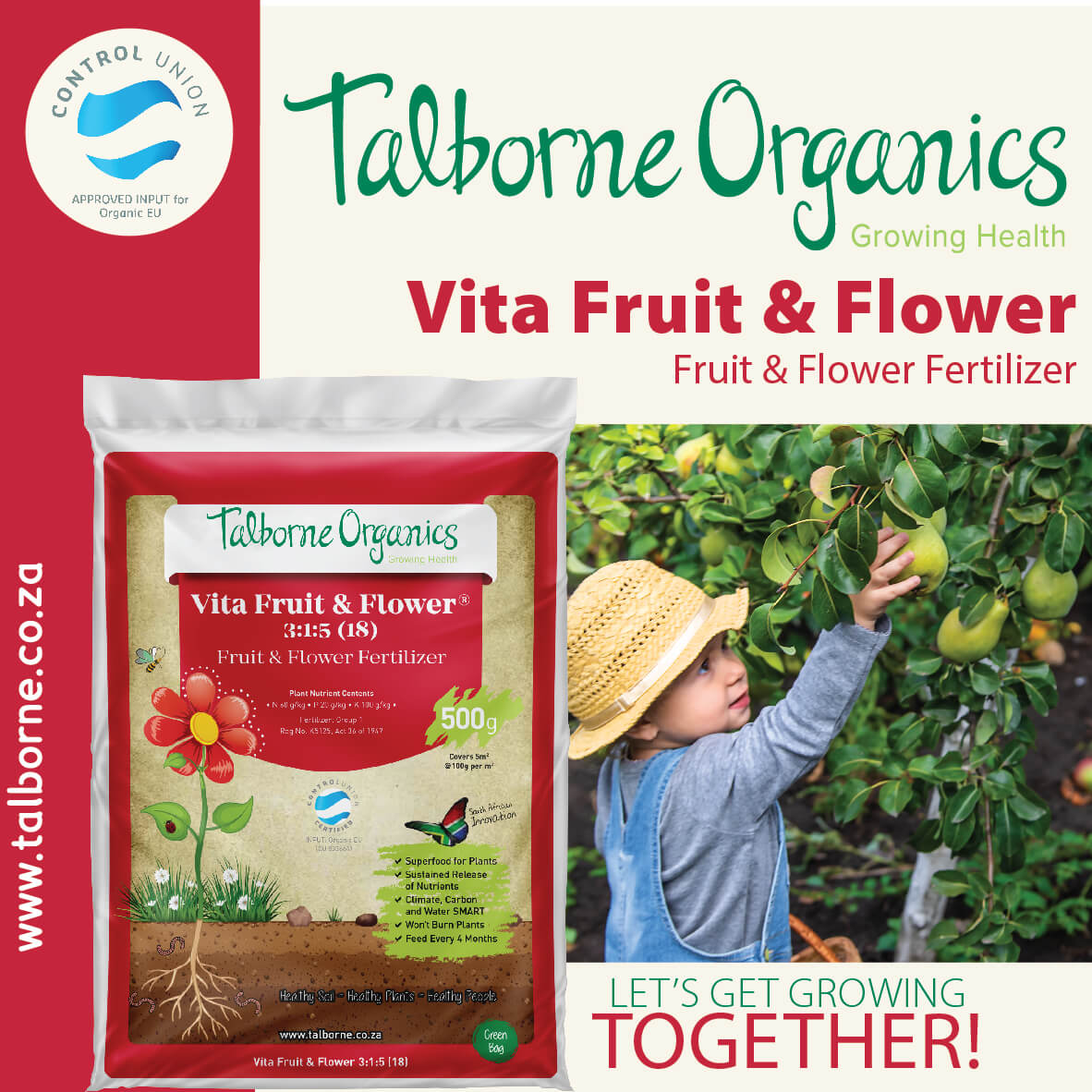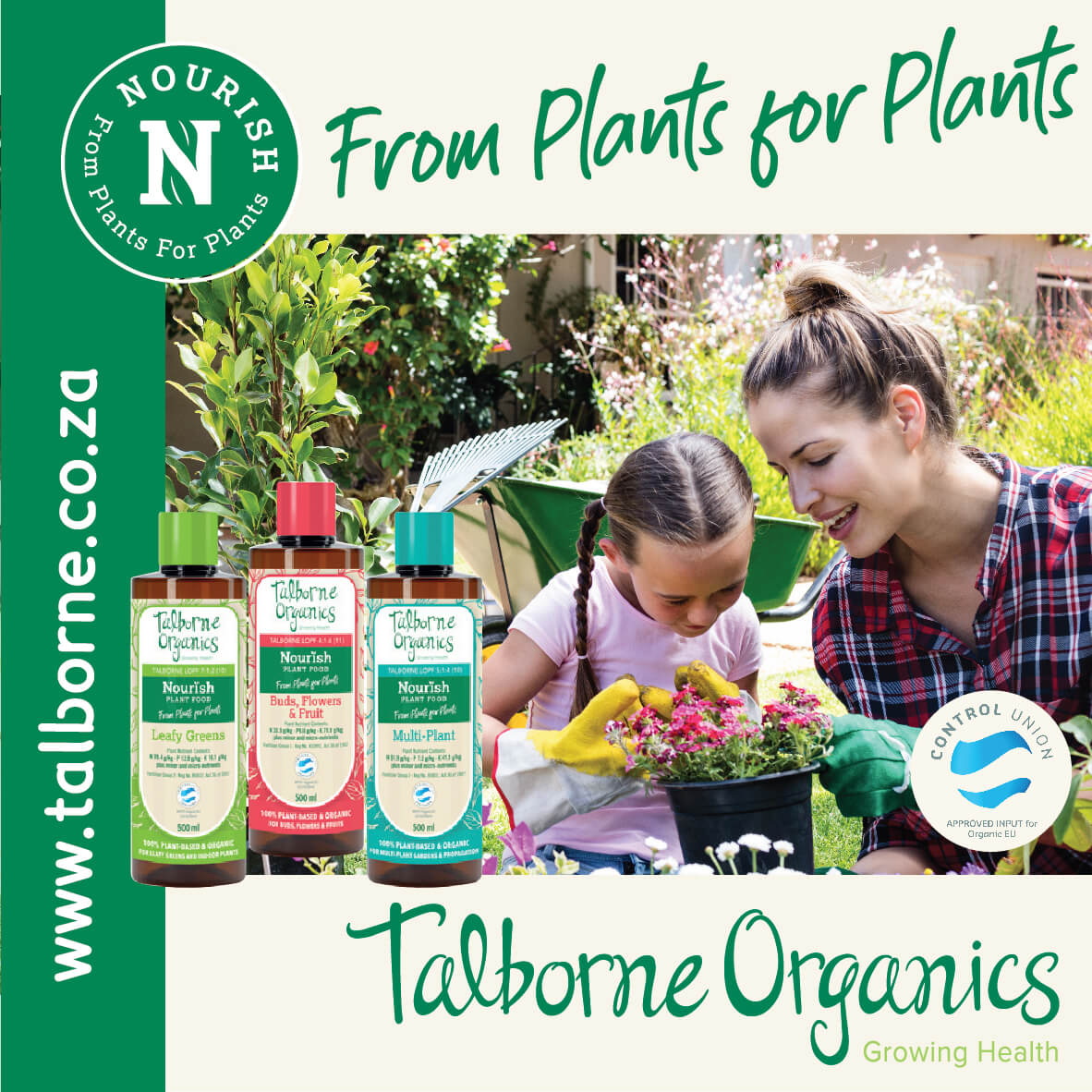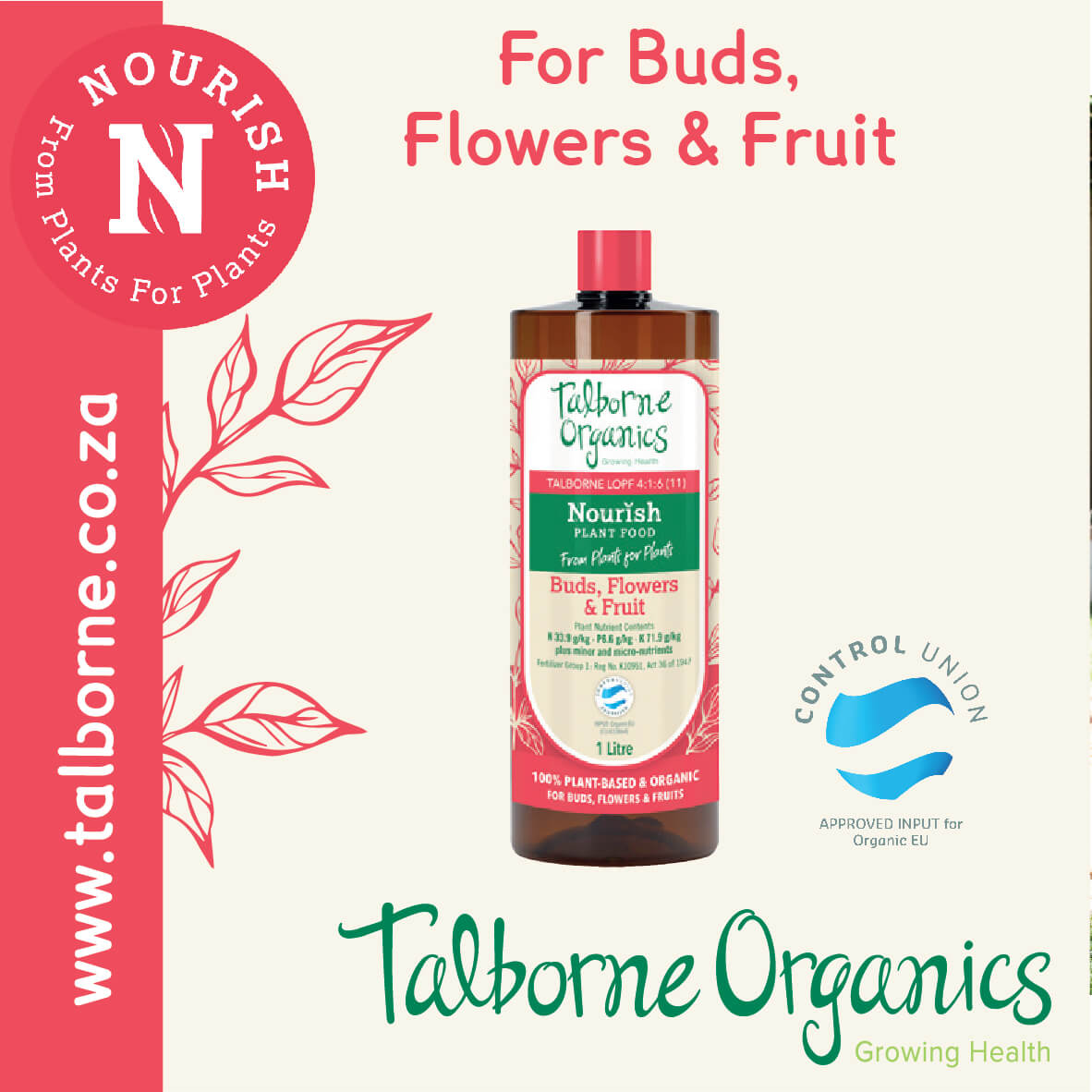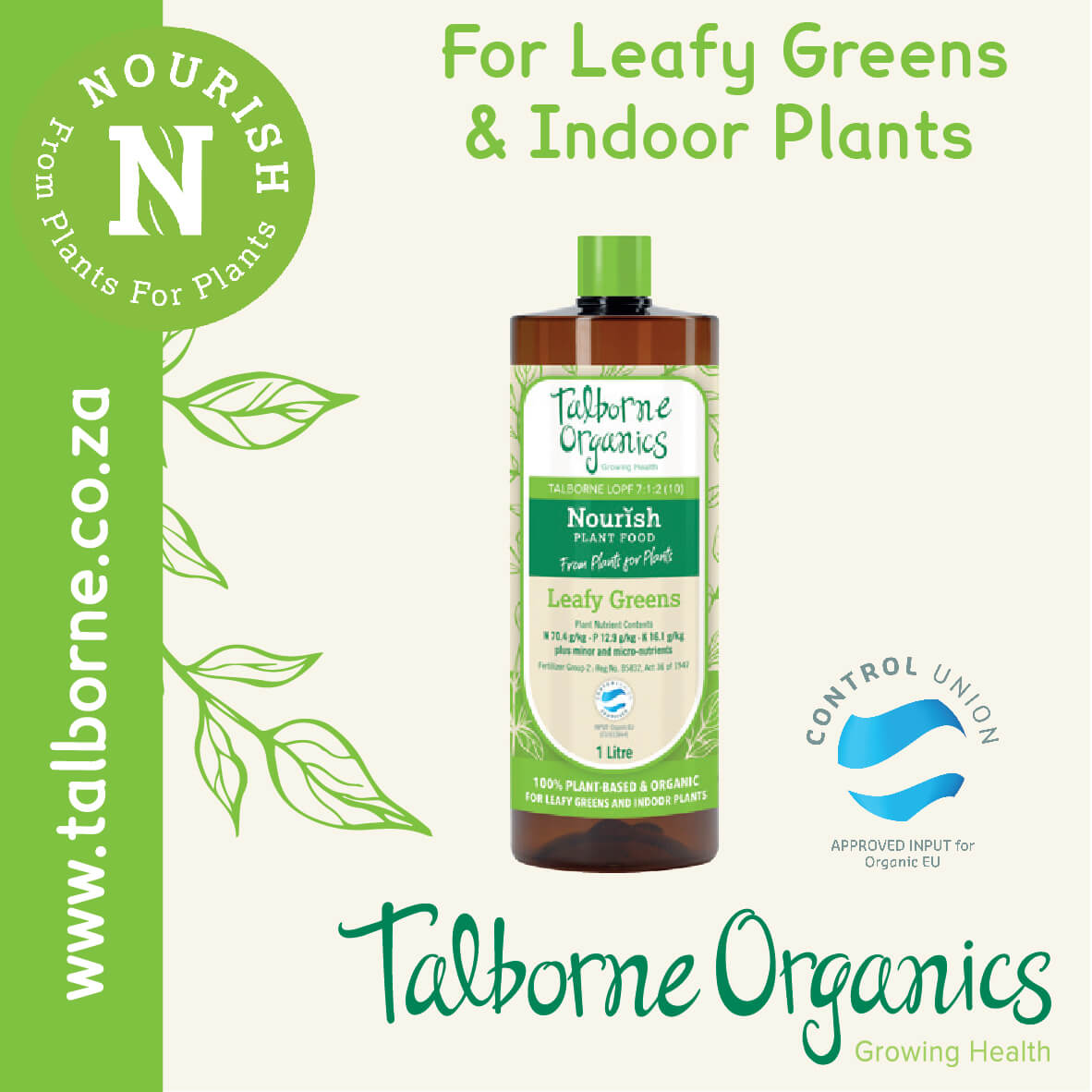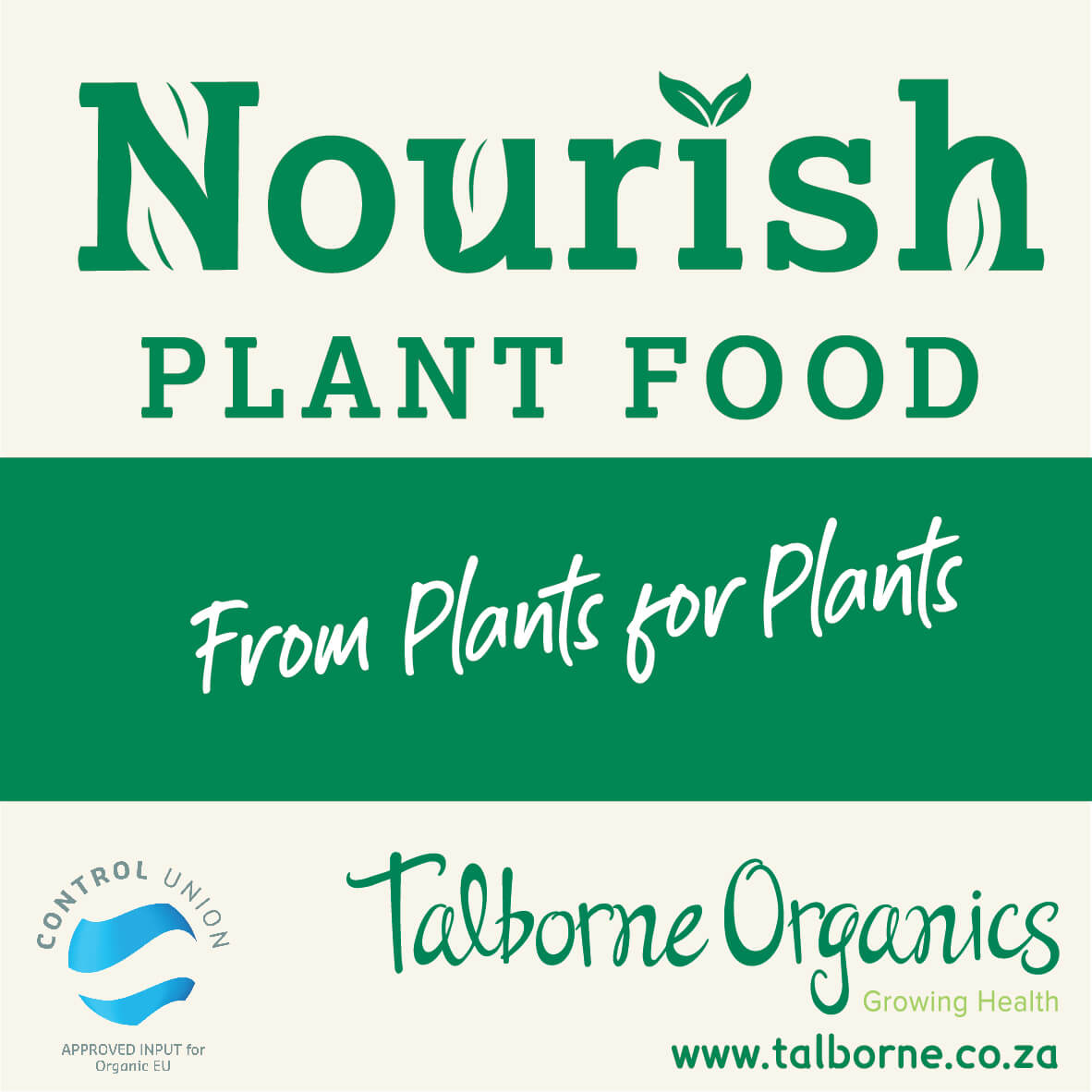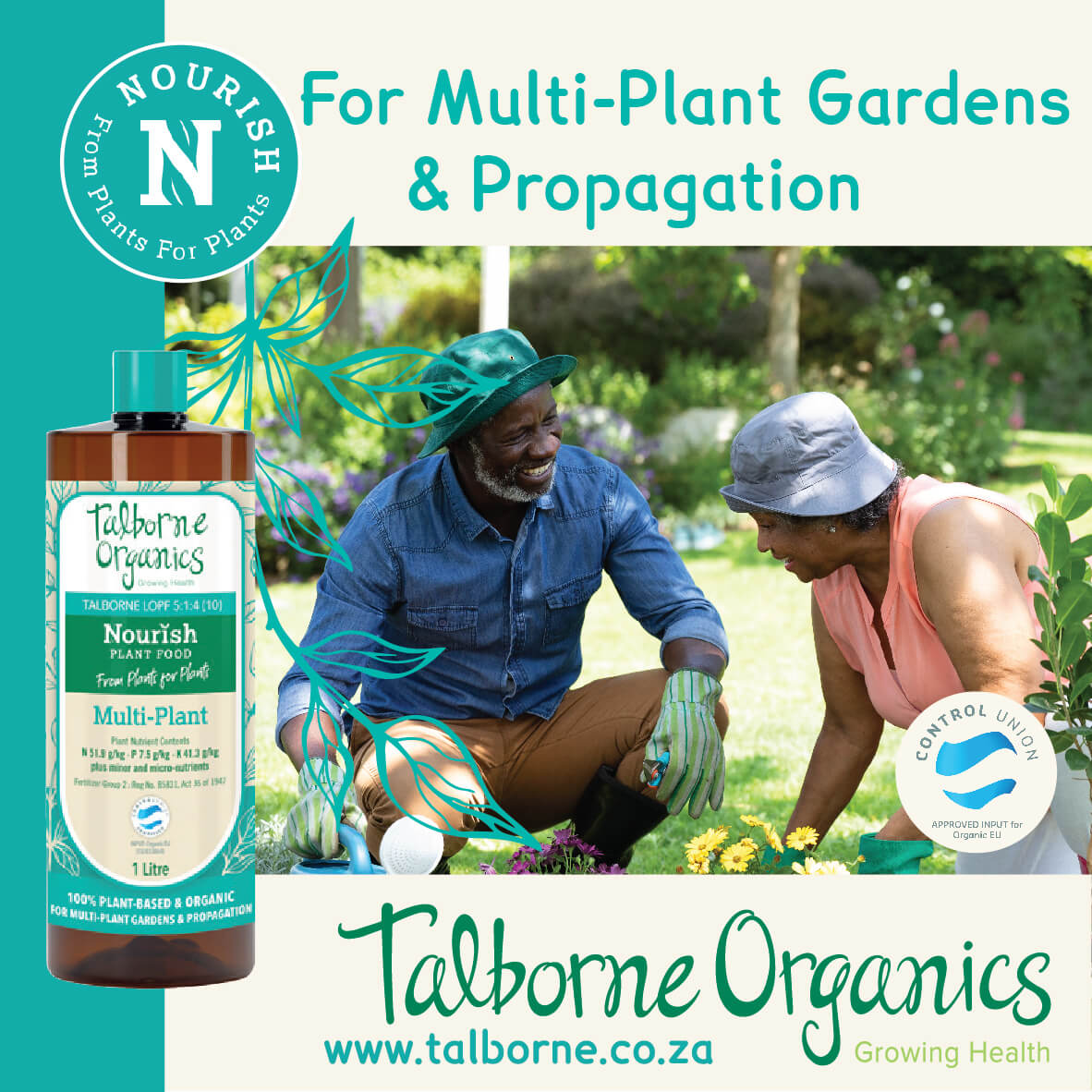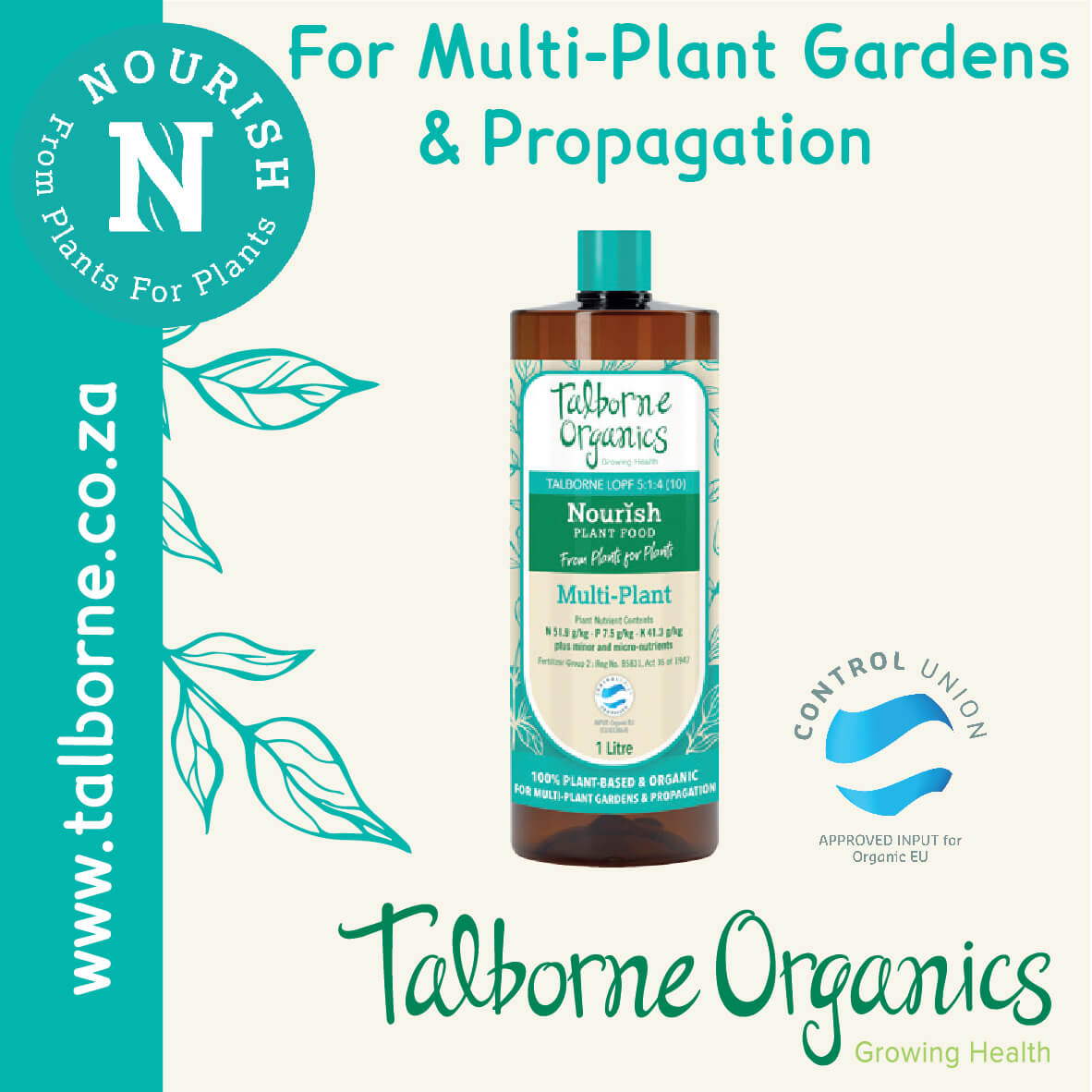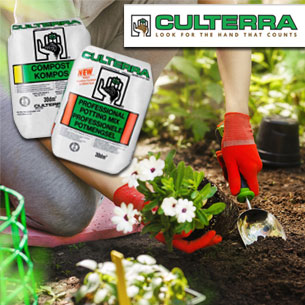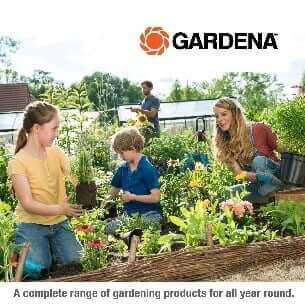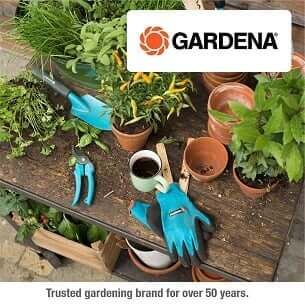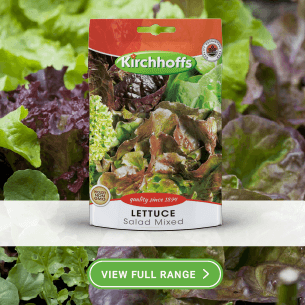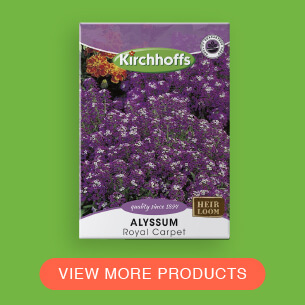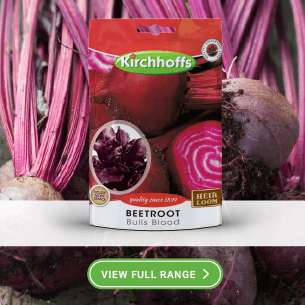Earthworm Garden: How to Attract Earthworms to The Garden
Earthworms play a vital role in enhancing soil health and fertility, making them invaluable allies in South African gardens. These wriggly creatures help aerate the soil and break down organic matter, contributing to a nutrient-rich environment. For South African gardeners, understanding how to attract and sustain a healthy earthworm population is key to a thriving garden, adapting techniques to suit the diverse climates and soil conditions across the country.
Organic Matter is Key: A Nourishing Environment for Earthworms
In South Africa’s varied climate zones, from the Mediterranean-like Western Cape to the subtropical KwaZulu-Natal, the addition of organic matter is crucial. Utilizing compost, dry leaves, and aged manure not only provides essential nutrients but also improves soil structure, creating an ideal habitat for earthworms. Incorporating these elements into your garden soil makes it an inviting home for earthworms, including species like the beneficial red wiggler.
Maintain Soil Moisture: Essential for Earthworm Survival
Given South Africa’s diverse rainfall patterns, maintaining consistent soil moisture is vital for earthworm survival. Mulching with locally available materials such as straw or fallen leaves aids in retaining soil moisture. This practice is especially important in drier regions, helping to create a damp environment that earthworms need to thrive, without causing waterlogging.
Minimize Soil Disturbance: Protecting Earthworm Habitats
Frequent tilling can be detrimental to earthworm habitats. Adopting a no-till or minimal-till gardening approach is crucial, particularly in areas with fragile soils. This method helps in preserving the natural structure of the earth, offering a stable and undisturbed environment for earthworms to flourish.
Go Organic: Safeguarding Earthworms and Biodiversity
The use of chemical fertilizers and pesticides can harm earthworms and other beneficial organisms. In South Africa, which boasts rich biodiversity, it’s important to adopt organic gardening practices. These methods not only protect earthworms but also safeguard the wider ecological balance, ensuring a healthy garden ecosystem.
Plant Cover Crops: Nurturing Earthworms and Soil Health
Utilizing local cover crops such as lupins, fava beans, or cowpeas, depending on the rainfall region, benefits earthworms and soil health. These crops provide protection and nourishment for earthworms while enhancing soil structure and fertility, a critical aspect of sustainable gardening in South Africa.
Worm Feeding Stations: Concentrated Food Sources for Earthworms
Creating worm feeding stations by burying vertical pipes filled with organic kitchen scraps can significantly attract earthworms. This method is particularly effective in suburban gardens across South Africa, providing a concentrated food source that supports a healthy earthworm population.
Appropriate Mulching: Tailoring to South African Climate Zones
Choosing the right mulching materials based on the specific climate zone in South Africa is crucial. Mulching not only helps in maintaining soil temperature and moisture favorable for earthworm activity but also adds organic matter to the soil as it decomposes, further encouraging earthworms.
Irrigation Practices: Balancing Moisture for Earthworms
In areas with limited rainfall, like the Karoo or Highveld, careful irrigation practices are essential. The goal is to maintain moist soil conditions that are ideal for earthworms, avoiding both over-watering and drought, which can be detrimental to their survival.
Popular Questions on Earthworm Garden and Attractiing Earthworms to The Garden.
Should I put earthworms in my garden?
Introducing earthworms to your garden can be highly beneficial. These creatures naturally improve soil structure, enhance nutrient cycling, and aid in the breakdown of organic matter, leading to a healthier garden. While many gardens naturally attract earthworms, adding them can boost these positive effects, especially in soils that are poor in organic content or have been heavily tilled.
What are the disadvantages of earthworms?
Generally, earthworms are highly beneficial to gardens, but in certain environments, they can have drawbacks. In some ecosystems, particularly those without native earthworm populations, introduced earthworms can disrupt the natural balance, affecting soil structure and nutrient levels. They may also outcompete local decomposers, altering the ecological dynamics. However, in typical garden settings, especially in already disturbed soils, these disadvantages are minimal.
What are the benefits of worms in your garden?
Worms offer numerous benefits to your garden. They aerate the soil, allowing more oxygen to reach plant roots, and help in breaking down organic matter, turning it into nutrient-rich castings. This natural process enhances soil fertility and structure, promotes better drainage, and helps maintain a balanced ecosystem, encouraging healthier plant growth.
How many worms should I put in my garden?
The number of worms to introduce into your garden depends on the size of the area and the current soil condition. A general guideline is to start with about 1,000 worms per square meter, but this can vary. It’s important to ensure that your garden has enough organic matter to sustain the worm population. Over time, worms will reproduce to match the available food and space.
How long do earthworms live?
The lifespan of earthworms can vary depending on the species and environmental conditions. On average, earthworms live for about 1 to 2 years in the wild. However, in ideal conditions with ample food and proper soil moisture, some earthworms can live up to several years.
What attracts earthworms?
Earthworms are attracted to moist, nutrient-rich environments. Organic matter such as leaves, compost, and aged manure provides them with food and encourages their activity in the soil. Maintaining adequate soil moisture, minimizing soil disturbance, and using organic mulches are key practices to attract and sustain earthworm populations in your garden.
Do earthworms eat plants?
Earthworms do not eat living plants. Instead, they feed on decaying organic matter in the soil, such as dead leaves, plant residues, and decomposing roots. Their feeding activity helps recycle nutrients back into the soil, making them available for plant uptake, thus benefiting the overall health of the garden.
How do I introduce worms to my garden?
To introduce worms to your garden, start by ensuring the soil is rich in organic matter and maintains adequate moisture. You can purchase worms, such as red wigglers, from a garden supply store or online. Simply scatter the worms on the soil surface or bury them slightly under the compost or mulch. They will naturally burrow into the soil and begin their beneficial activities.
Do earthworms make fertilizer?
Yes, earthworms effectively create a natural fertilizer known as worm castings. As they consume organic matter, they excrete castings that are rich in nutrients like nitrogen, phosphorus, and potassium. These castings enhance soil fertility and provide essential nutrients for plant growth, acting as an excellent organic fertilizer.
Will earthworms eat leaves?
Earthworms readily consume fallen leaves, particularly as they start to decompose. Leaf litter is a primary food source for earthworms in many gardens. As they break down these leaves, they contribute to the formation of nutrient-rich humus, improving soil structure and fertility.
What preys on earthworms?
Earthworms have a range of natural predators, including birds, frogs, beetles, and small mammals like moles and shrews. In the garden ecosystem, these predators help maintain a balanced earthworm population, contributing to the overall ecological equilibrium.
In Conclusion: Creating a Thriving Environment for Earthworms
By incorporating these earthworm-friendly practices, South African gardeners can significantly improve their garden’s soil structure and fertility. A healthy earthworm population is a clear indicator of a thriving garden ecosystem, benefiting plants and contributing to a sustainable environment.









